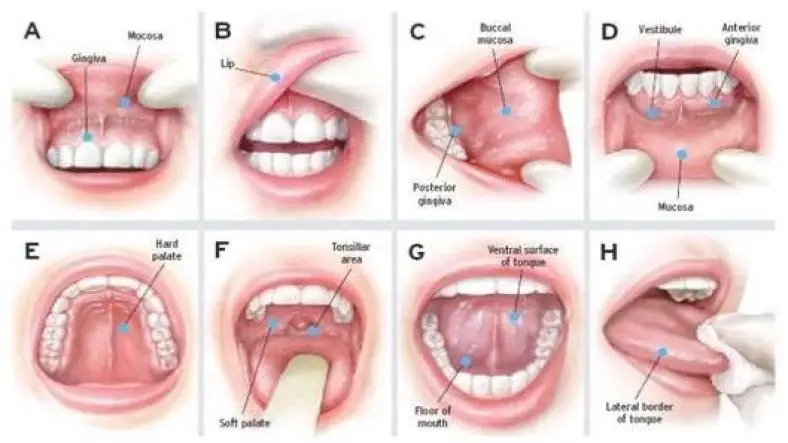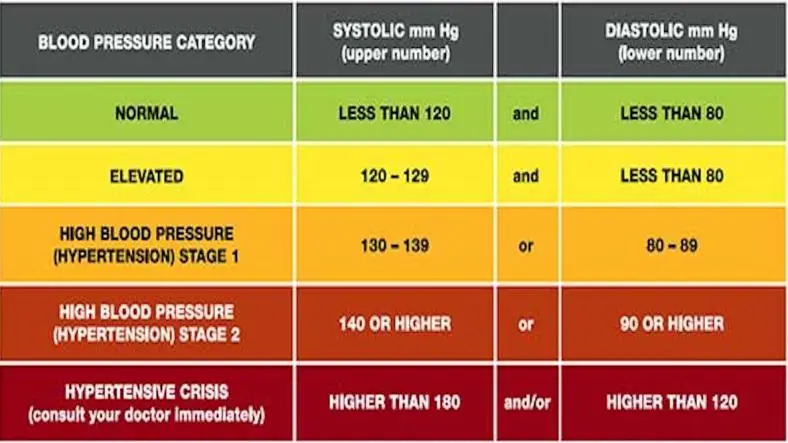Oral cancer screenings are a crucial component of preventive dental care that can significantly impact overall health outcomes. These screenings help in the early detection of oral cancers, which can improve treatment success rates and survival chances.
Here’s an in-depth look at the benefits of regular oral cancer screenings and why they should be an integral part of your oral health routine.
1. Early Detection of Oral Cancer
- One of the primary benefits of regular oral cancer screenings is the early detection of cancerous or precancerous lesions.
- Early detection increases the likelihood of successful treatment and can significantly improve prognosis.
- Oral cancer, including cancers of the lips, tongue, cheeks, gums and throat, often presents with subtle symptoms that may not be immediately noticeable.
- Regular screenings enable dentists to identify and address these issues before they advance to more severe stages.
2. Improved Treatment Outcomes
- When oral cancer is detected early, treatment options are more varied and less invasive.
- Early-stage cancers are typically easier to treat and may require less aggressive therapies compared to advanced-stage cancers.
- Early intervention can lead to less extensive surgery, reduced need for radiation or chemotherapy and a better overall quality of life for patients.
- Regular screenings facilitate early diagnosis, improving the chances of more favorable treatment outcomes.
3. Increased Survival Rates
- The survival rate for oral cancer is significantly higher when the disease is detected at an early stage.
- According to the American Cancer Society, the five-year survival rate for oral cancer is approximately 84% when diagnosed early.
- In contrast, the survival rate drops to about 38% when the cancer has spread to distant sites.
- Regular screenings help catch the disease early, thereby increasing the chances of survival and long-term health.
Google Ad 1
4. Detection of Precancerous Conditions
- Oral cancer screenings are not only for detecting cancer but also for identifying precancerous conditions such as leukoplakia (white patches) and erythroplakia (red patches).
- These conditions may precede cancer and can be monitored or treated to prevent the development of oral cancer.
- Early identification of these signs allows for timely intervention and can prevent the progression of precancerous lesions into full-blown cancer.
5. Reducing the Risk of Metastasis
- Oral cancers that are diagnosed and treated early are less likely to spread (metastasize) to other parts of the body.
- Metastasis can complicate treatment and reduce the likelihood of successful outcomes.
- By identifying and addressing oral cancer at its inception, regular screenings help reduce the risk of cancer spreading, leading to better management and control of the disease.
6. Promoting Awareness and Education
- Regular oral cancer screenings promote awareness and education about oral cancer and its risk factors.
- During screenings, dentists often provide valuable information on lifestyle changes, such as quitting tobacco use and reducing alcohol consumption, which can lower the risk of oral cancer.
- This education empowers individuals to make informed decisions about their health and adopt preventive measures.
7. Non-Invasive Screening Methods
- Oral cancer screenings are typically non-invasive and involve a visual and physical examination of the oral cavity.
- Dentists may use specialized tools or technologies, such as light-based devices or oral cancer screening aids, to enhance the detection process.
- The non-invasive nature of these screenings makes them a convenient and low-risk option for regular health checks.
Google Ad 2
8. Establishing a Baseline for Oral Health
- Regular screenings establish a baseline for an individual’s oral health, allowing for better monitoring of any changes over time.
- Dentists can track any developments or changes in the oral cavity, which can be crucial for early detection and management of potential issues.
- A baseline helps in distinguishing between normal variations and concerning abnormalities.
9. Addressing Symptoms Early
- If you experience symptoms such as persistent sores, unusual lumps, pain, or changes in your oral tissues, regular screenings ensure that these issues are evaluated promptly.
- Early evaluation of symptoms can lead to faster diagnosis and treatment, minimizing potential complications and improving overall health outcomes.
10. Peace of Mind
- Regular oral cancer screenings provide peace of mind by ensuring that any potential issues are identified and addressed promptly.
- Knowing that you are taking proactive steps towards maintaining oral health can reduce anxiety and stress related to potential health concerns.
- Peace of mind contributes to overall well-being and encourages individuals to stay consistent with their dental care routine.
In conclusion, regular oral cancer screenings are a vital component of preventive healthcare that offers numerous benefits, including early detection, improved treatment outcomes, increased survival rates and reduced risk of metastasis. By incorporating oral cancer screenings into your routine dental visits, you contribute to your long-term health and well-being. Prioritizing these screenings ensures that potential issues are addressed early, enhancing your overall quality of life and health.
Thanks for reading the dentofacts article, for more such articles read our PeoplesBLOG.















